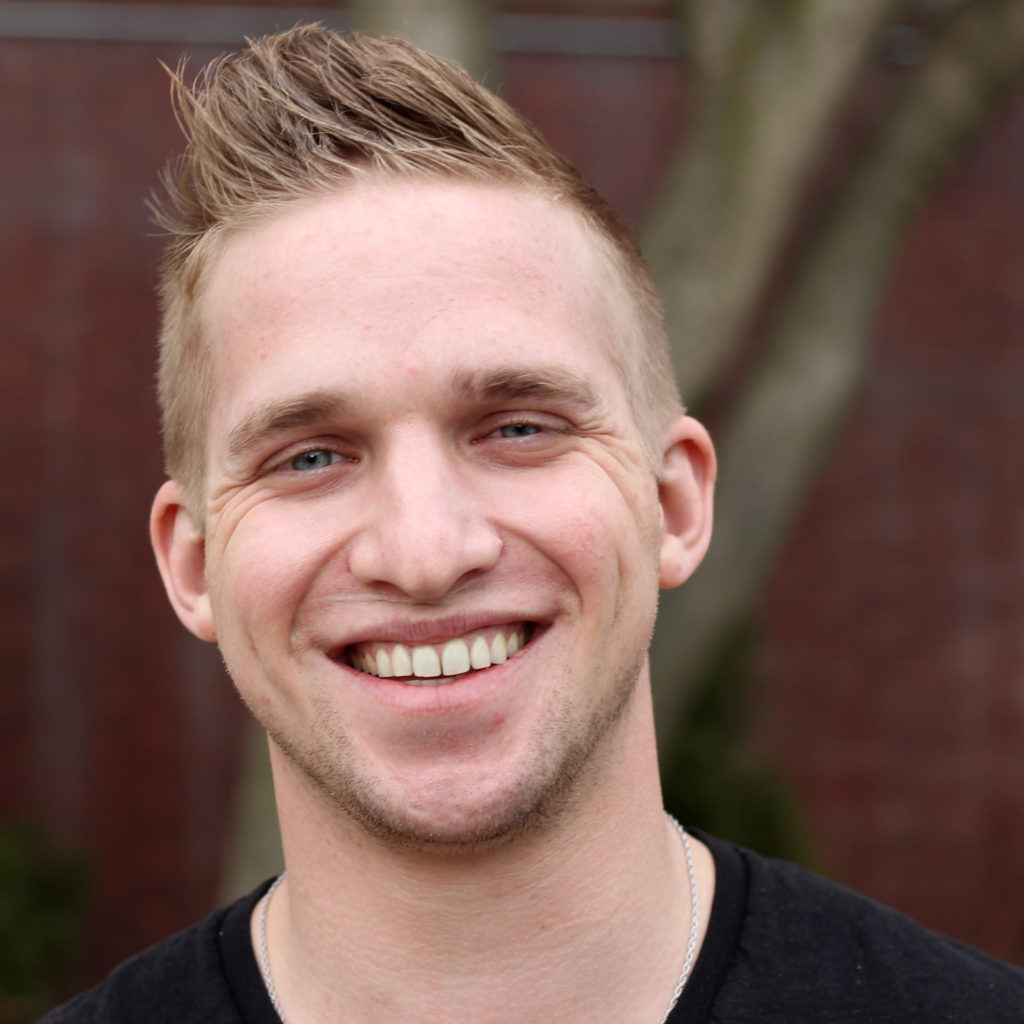Today Carla’s Room is Beautiful Again
“I always had pretty walls and beautiful surroundings. Today my walls are beautiful again.”
Carla, age 49, was born and raised in Cecil County, Maryland. “It was good being me as a little kid,” Carla recalls. “I did not like Barbie dolls and stuff like that. I was a tomboy, but my bedroom was really pretty. I had pictures of horses, puppy dogs, kitty cats, and arranged my closet in a rainbow. I was the oldest of three sisters and we were always together wherever we went. I was taught to protect my sisters. But when I was 8, I was sexually abused. I felt responsible for my sisters, and I thought that I was going to get in trouble. So, we did not tell anyone. I went into my room, and I remember ripping down all my pretty pictures. It became dark black and hard to understand. I had resentments and I did not understand why.”
“I grew up as a rebellious little girl and when I was 12, I smoked marijuana. I told my family at the dinner table that I smoked ‘weed’ and what were they going to do about it? I was emotional, angry, and hurt. I did not know what to feel. I did not feel like I fit in, and as I grew older smoking ‘weed’ made me feel good. I started dabbling in other substances as I grew older. At age 18, I got pregnant before I graduated high school. I started drinking heavily and gained a lot of weight. I turned to drugs to lose the weight and when I was 24, I started using heroin. I quit drinking completely. The heroin made me feel okay, and it was controlling my weight.”
“Heroin and incarceration eventually took me away from my family and my kids. When I was locked up, I was okay, but when I came home, I would continue to use drugs. I spent years back and forth like that. I overdosed on heroin 21 times and had to be revived with Narcan 21 times. Once again, I was in a real dark place.”
One night, while waiting for drugs Carla was attacked by kids with baseball bats. “They beat me up really bad and I had to get rushed to a trauma center. The girl giving me my CAT scan recognized my name, but not my face. We went to high school together. She asked me if I wanted to get treatment and I said yes. I went to a treatment center, to a detox center, and back to a 28-day recovery program.”
“When I was getting discharged from the 28-day program, I told the lady that I needed something more. I was homeless and destined to return to the methamphetamine lab that I was living in if I did not seek more treatment. I could not go to another month long, or even a six-month program. I needed something to transform my life and that is when she told me about Helping Up Mission (HUM).
HUM puts together the spiritual, mental, and physical aspects of recovery. I never put those three things together. I enrolled, did my black-out period, and went back home to Cecil County to see my grandson. But when I got back home the same life pattern began and soon, I was isolating and not returning phone calls.”
“Finally, Women’s Program graduate Cindy got a hold of me and asked me where I was. I told her that I was in Cecil County at my meth dealer’s house and that I wanted to come back. Please come get me! Cindy said, ‘I am on my way!’ When I came back, I had to go into another 28-day program which really helped me.
“Most of the time my fear comes out in anger. So, if I am angry, it is because I am fearful, and I become protective. It leads me back to being a little girl and not knowing how to deal with that feeling. I do not want to be hurt again. Now, it is important for me to tell others how I feel. God has done a lot in my life, and He has surrounded me with people that love me and accept me. He loves me no matter what with His Grace and mercy. I call out to Him when I am troubled knowing the consequences could be death.”
“I have hope now. I want to go to school for art. God did not give me this talent to just do nothing with it. I have a creative side and I like to express myself with color. I think creatively. Now I have a clear mind and can see the light at the end of the tunnel. Maybe I can do art therapy to help little kids through traumatic experiences.”
“HUM provides real friendships, real relationships, and real love. I am in a safe and healthy environment where all my needs are being met. It is life-transforming not having to want for anything. Without the donors’ love and concern this would not be possible. My sponsor Kelly is my beacon for teaching me the way she learned recovery.”
At the end of the day the most amazing thing in Carla’s journey brings us back to childhood. “I always had pretty walls and beautiful surroundings. Today my walls are beautiful again. They are filled with things that I drew. It is serenity.”
